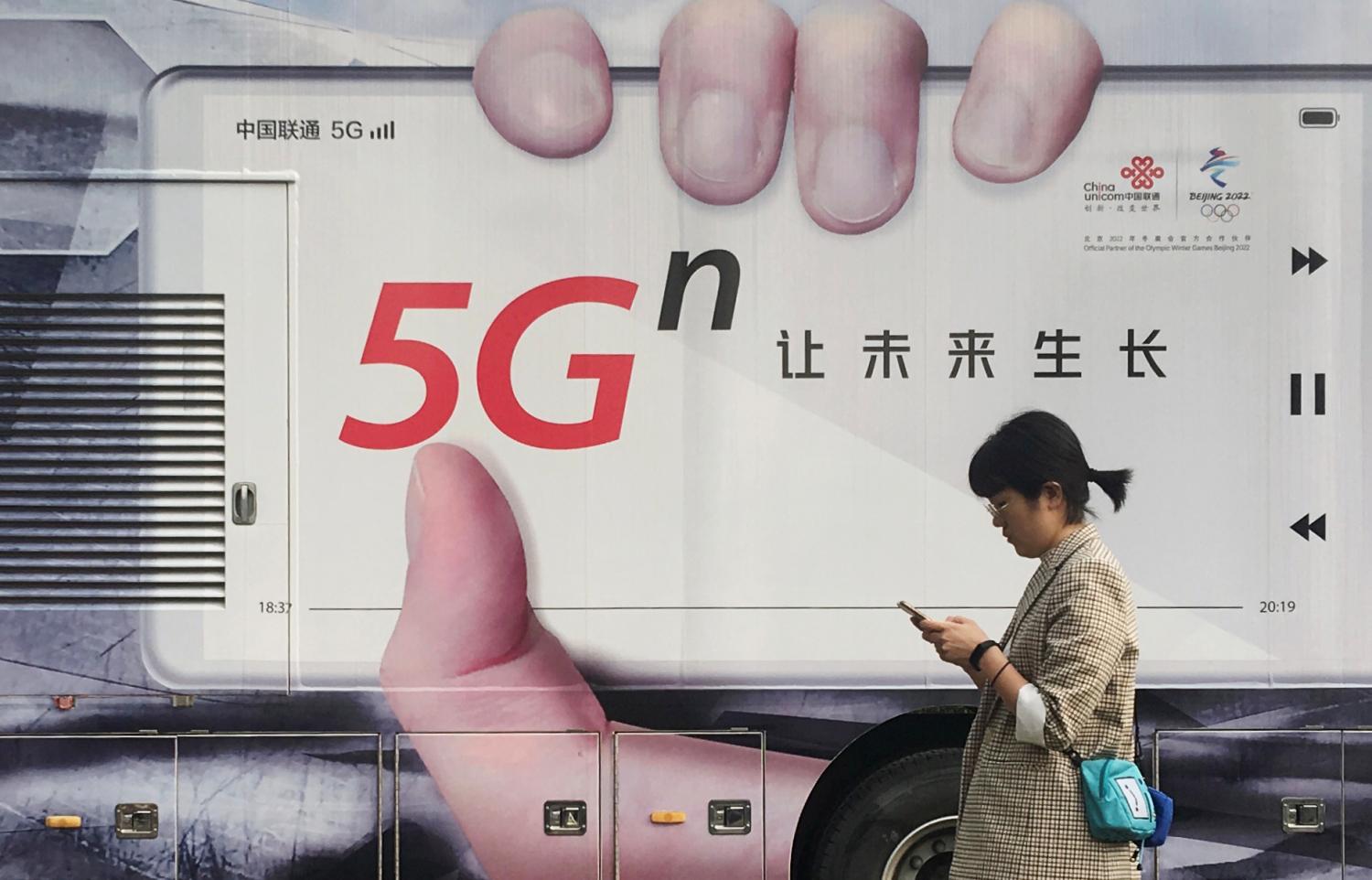
China's big three telecom carriers lost their appeals against being kicked off the New York Stock Exchange, which moved to delist them to comply with an investment ban introduced by former President Donald Trump.
In separate filings Friday in Hong Kong, China Mobile Ltd., China Unicom (Hong Kong) Ltd. and China Telecom Corp. said they expected the NYSE to apply to the Securities and Exchange Commission for permission to delist their American depositary receipts. The Big Board did so later Friday, putting the companies on track to be delisted in 10 days.
An NYSE spokesman declined to comment.
In November, Mr. Trump signed an executive order barring Americans from investing in Chinese companies that the U.S. said aided China's military, intelligence and security services.
That led the NYSE in January, after some flip-flopping, to say it would delist the three telecoms groups. Soon after Joe Biden was sworn in as president, all three companies asked the Big Board to review its decision.
The delistings have had little practical effect for the telecoms companies. While ADRs in all three companies have been suspended since Jan. 11, their more widely held Hong Kong shares continue to trade, and large investors have been able to swap ADRs for those shares. At the same time, buyers from the Chinese mainland have increased their holdings in the firms.
The trio said Friday that investors may swap outstanding ADRs for Hong Kong shares by returning them to the Bank of New York Mellon.
Some smaller U.S. investors who held ADRs in the Chinese companies and didn't sell them before Mr. Trump's order took effect in January have found themselves stuck with securities they can't trade. Such investors haven't been able to swap their ADRs for Hong Kong shares because their brokerages don't support international brokerage accounts.
The issue came up at a hearing of the House Financial Services Committee on Thursday when Rep. Van Taylor (R., Texas) asked the new head of the SEC how he planned to help such investors. "Investors are having their capital stuck in investments…. How are we going to get them out?" Mr. Taylor asked.
SEC Chairman Gary Gensler, who took the helm of the agency last month, said he hadn't been briefed on the issue but pledged to look into it.
In their filings, the three Chinese companies reiterated that they had followed laws, regulations and listing requirements since going public.
Unicom said it had about 5 million ADRs outstanding at the end of April, down from about 33 million at the end of last year, and representing just 0.2% of its total shares. China Telecom said the equivalent ratio for it on May 6 was 0.14%.
Hong Kong-listed shares in the three companies have diverged since Mr. Trump's executive order was signed. Since then, China Telecom's stock has recovered from initial losses to gain about 6%. But China Mobile shares have fallen 5%, and China Unicom stock is off by 15%.
The blacklist covers dozens of companies in sectors such as energy, aviation, transportation and technology, although most other targets weren't listed in the U.S. The order has led index providers such as MSCI Inc., FTSE Russell and S&P Dow Jones Indices to cut some securities from their indexes.
Another notable target of the blacklist has mounted a successful legal challenge. In March, a federal judge blocked enforcement of the U.S. investment ban on Xiaomi Corp. , calling the decision to blacklist the Chinese technology company deeply flawed. Unlike the Chinese telecoms carriers, Xiaomi isn't partly state-owned.
Cnooc Ltd. , the Chinese oil company, has also asked the NYSE to reconsider its planned delisting.
